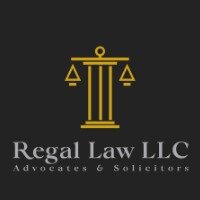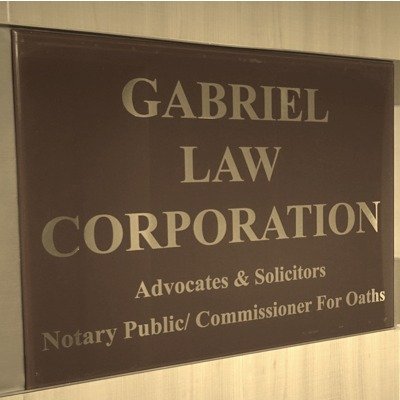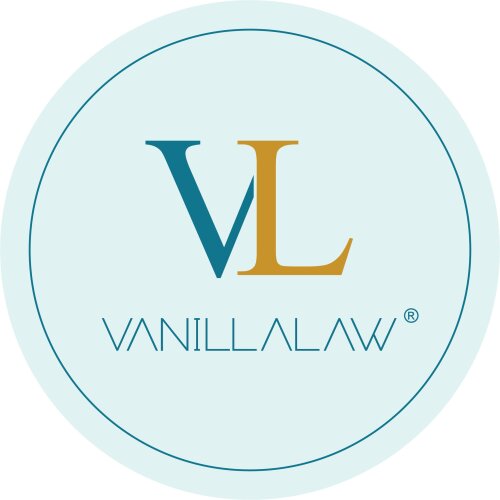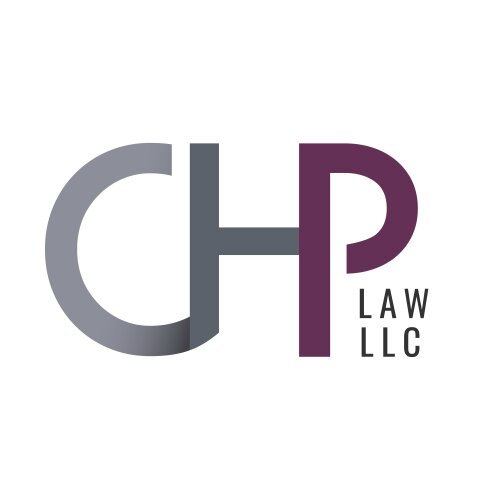Best Financial Services Regulation Lawyers in Singapore
Share your needs with us, get contacted by law firms.
Free. Takes 2 min.
Or refine your search by selecting a city:
List of the best lawyers in Singapore
Legal guides written by Silvester Legal LLC:
- Mediation: Parties get to meet early on
- Mediation: Keeping disputes out of court
- Renegotiation of Contracts: Re-Align Framework
About Financial Services Regulation Law in Singapore
Financial Services Regulation in Singapore is a critical aspect of the country's legal framework, governing how financial products are distributed and managed. The regulatory environment is developed to maintain the stability and integrity of financial markets, protect consumers, and foster industry growth. The Monetary Authority of Singapore (MAS) is the chief regulatory body overseeing financial services, ensuring compliance with laws and regulations to maintain Singapore's status as a leading global financial center.
Why You May Need a Lawyer
Legal assistance in the field of Financial Services Regulation can be crucial in several scenarios. Companies may require legal guidance to ensure compliance with MAS regulations when launching new financial products. Financial institutions often seek counsel to manage regulatory changes or during mergers and acquisitions. Individuals might need legal help to resolve disputes with financial institutions or if they have suffered losses due to non-compliance by the service providers. Lawyers specializing in this field can provide expertise in navigating the complexities of the financial regulatory landscape.
Local Laws Overview
The legal framework governing financial services regulation in Singapore includes a comprehensive set of laws and guidelines. Key aspects include the Securities and Futures Act, which regulates markets and intermediaries, and the Banking Act, which provides the legal framework for banking operations. The Financial Advisers Act governs advisory services, and various notices and guidelines issued by MAS supplement these laws, offering detailed compliance procedures. Other significant legislation includes the Insurance Act and the Payment Services Act, which ensure comprehensive coverage across financial sectors.
Frequently Asked Questions
What is the role of the Monetary Authority of Singapore (MAS)?
MAS serves as the central bank and financial regulatory authority, responsible for overseeing financial institutions and ensuring the financial system’s stability in Singapore.
What are the penalties for non-compliance with financial regulations?
Penalties can include fines, revocation of licenses, and in severe cases, criminal charges against individuals or companies found to be in breach of regulations.
How do financial regulations affect consumers?
Regulations protect consumers by ensuring that financial products and services are safe, fair, and transparent, minimizing the risk of abuse and financial loss.
What is the Securities and Futures Act?
The Securities and Futures Act is a key piece of legislation that regulates trading, markets, and intermediaries in Singapore to ensure market integrity and investor protection.
What steps must a company take to comply with MAS regulations?
Companies must obtain necessary licenses, adhere to ongoing reporting requirements, and implement robust risk management and compliance programs.
Can foreign financial institutions operate in Singapore?
Yes, foreign institutions must obtain approval from MAS and meet specific requirements to operate within Singapore, ensuring they adhere to local regulations.
What is the Payment Services Act?
The Payment Services Act provides the legal framework for the regulation of payment services in Singapore, enhancing security and facilitating innovation in payment mechanisms.
What should consumers do if they face issues with a financial institution?
Consumers should first approach the financial institution directly to resolve the issue. If unresolved, they can seek assistance from the Financial Industry Disputes Resolution Centre (FIDReC) or consider legal action.
How can businesses keep up-to-date with regulatory changes?
Businesses should regularly review updates from MAS, engage with industry associations, and consult legal experts specialized in financial regulation law.
What is the importance of the Banking Act?
The Banking Act sets out regulations for licensing, control, and operations of banks in Singapore, ensuring the sector's stability and protecting depositors.
Additional Resources
Some valuable resources for those seeking legal advice in financial services regulation include:
- Monetary Authority of Singapore (MAS) website for guidelines and updates
- Financial Industry Disputes Resolution Centre (FIDReC) for consumer dispute resolution
- Singapore Academy of Law for accessing legal publications and resources
- Industry associations such as the Association of Banks in Singapore for industry-specific guidance
Next Steps
If you require legal assistance in Financial Services Regulation, consider reaching out to a law firm specialized in this area. Start by researching and selecting firms with expertise in financial services and strong reputations for client service. You can then schedule an initial consultation to discuss your needs, understand potential costs, and explore the best course of action. Additionally, staying informed about the evolving regulatory landscape will equip you better to handle any legal challenges in this field.
Lawzana helps you find the best lawyers and law firms in Singapore through a curated and pre-screened list of qualified legal professionals. Our platform offers rankings and detailed profiles of attorneys and law firms, allowing you to compare based on practice areas, including Financial Services Regulation, experience, and client feedback.
Each profile includes a description of the firm's areas of practice, client reviews, team members and partners, year of establishment, spoken languages, office locations, contact information, social media presence, and any published articles or resources. Most firms on our platform speak English and are experienced in both local and international legal matters.
Get a quote from top-rated law firms in Singapore — quickly, securely, and without unnecessary hassle.
Disclaimer:
The information provided on this page is for general informational purposes only and does not constitute legal advice. While we strive to ensure the accuracy and relevance of the content, legal information may change over time, and interpretations of the law can vary. You should always consult with a qualified legal professional for advice specific to your situation.
We disclaim all liability for actions taken or not taken based on the content of this page. If you believe any information is incorrect or outdated, please contact us, and we will review and update it where appropriate.
Browse financial services regulation law firms by city in Singapore
Refine your search by selecting a city.

















